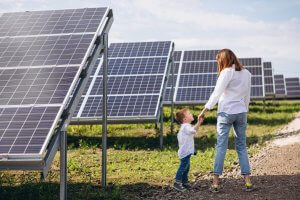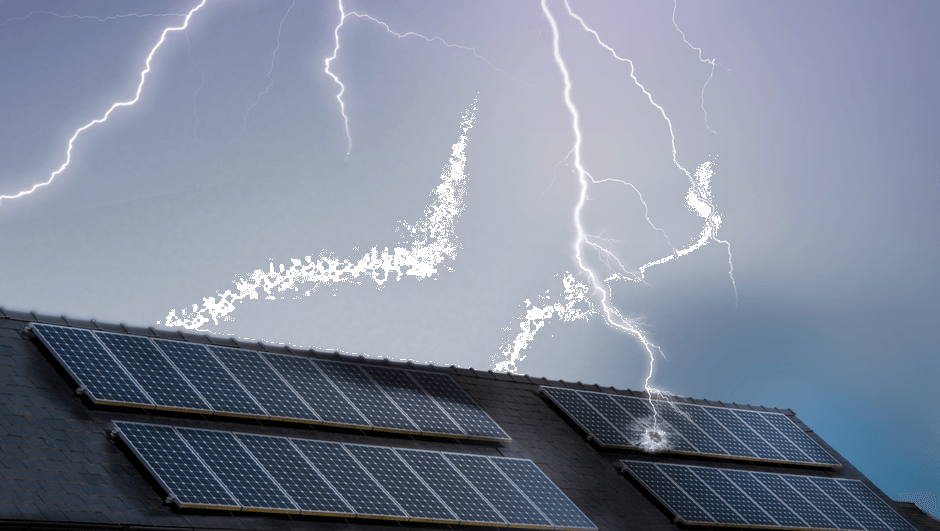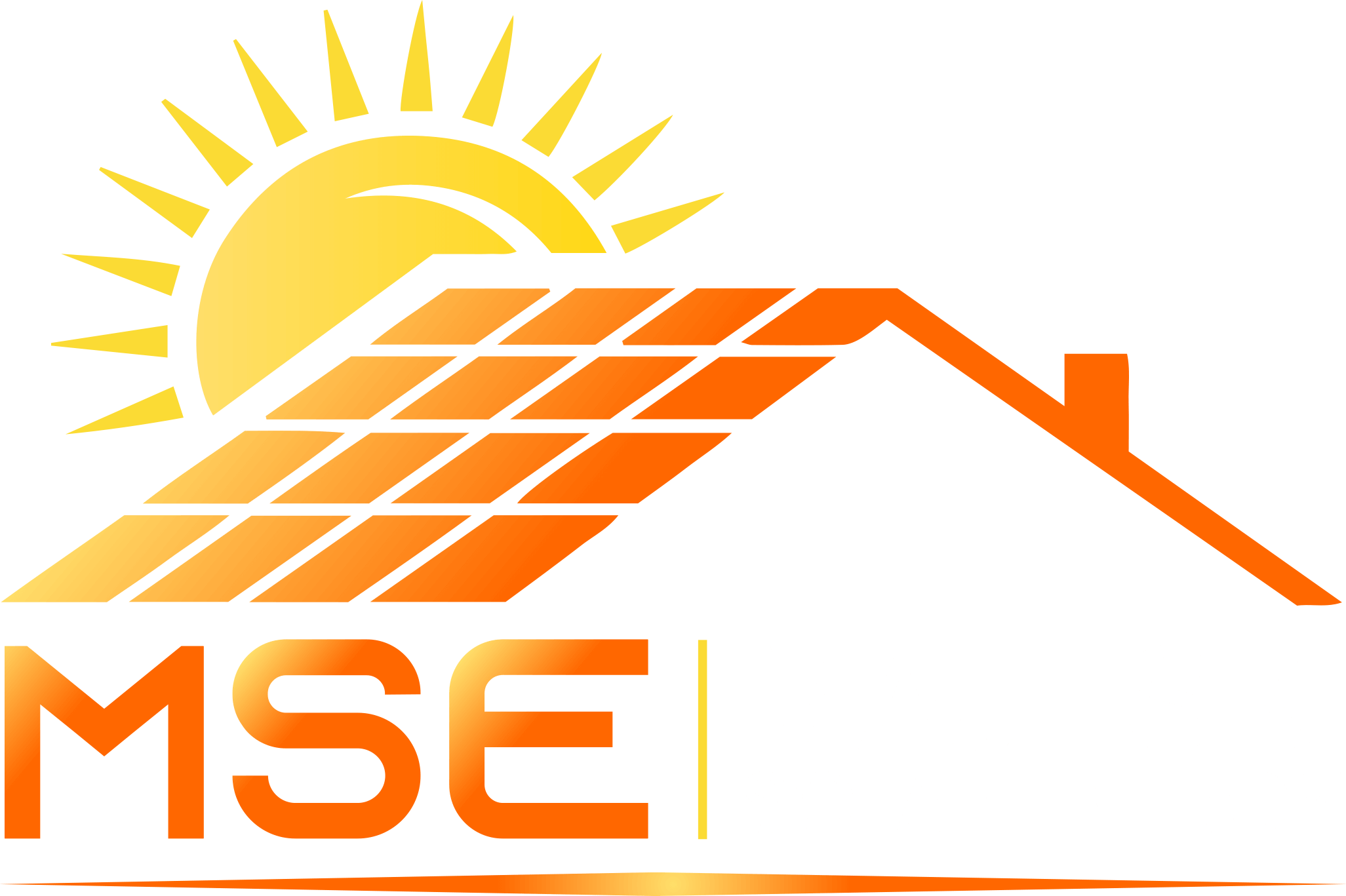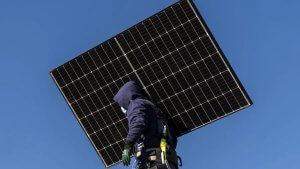
If you have a solar system, you might be wondering if you need to do anything special to protect it from lightning strikes. The answer is that it depends on the type of system you have.

Solar panels don’t attract lightning
If your solar system has panels on the roof of your home, you don’t need to worry about them being struck by lightning. This is because lightning tends to strike taller objects, and your home is likely taller than your panels. Additionally, solar panels are made of non-conductive materials, so even if they are struck by lightning, the electricity will not flow through them. Lightning protection for ground-mounted systems If your solar system is a ground-mounted system, it is more likely to be struck by lightning. This is because ground-mounted systems are taller than roof-mounted systems, so they are more likely to be struck by lightning. If you have a ground-mounted system, you can protect it from lightning by installing Lightning Protection Zones (LPZs). LPZs are areas around your solar system that are designed to protect it from lightning strikes.
In conclusion, you don’t need to worry about lightning strikes if your solar system has panels on the roof of your home. However, if your solar system is a ground-mounted system, you should install Lightning Protection Zones to protect it from lightning strikes.
Surge protection for solar and the whole home
Another concern with lighting and solar is power surges. These can often cause damage to solar equipment and home electronics. To protect your home and solar system from power surges, you can install a whole home Surge Protector. A whole home Surge Protector is a device that is installed on your home’s electrical panel. It protects your home from power surges by diverting the excess electricity to the ground. Solar ready vets:

Expect the unexpected: look at upping insurance coverage for your solar in the event of lighting
While it’s rare, damage from lighting to your solar can happen. To be on the safe side, consider increasing your homeowner’s insurance coverage or adding equipment protection if you have a lease or PPA. Check with your solar company to see if they offer any type of insurance or protection plan. Homeowner’s insurance typically doesn’t cover damage from lighting, but some solar companies offer protection plans that will.
What to do first in the event of a lightning strike
If you live in an area that is prone to lightning storms, it is important to know what to do in the event that your home is struck by lightning. The first thing you should do is call your local utility company and report the power outage. If your solar system is connected to the grid, the utility company will be able to turn off the power to your home to prevent damage to your solar system. After the power has been turned off, you should then call a qualified electrician to inspect your solar system for damage.
Best Way to Handle A Storm Cleanup
After a storm, it is important to inspect your solar system for damage. The best way to do this is to call a qualified electrician. However, you can also check for damage yourself. First, look for any physical damage to the solar panels, such as cracks or missing pieces. Second, check the electrical connections to make sure they are tight and secure. Third, check the inverter to make sure it is operating correctly. If you find any damage, you should call a qualified electrician to repair the damage.
Contact Us To Learn More About Solar Lightning Strikes
majeski
Leave a Replay
About Majeski
Majeski Solar Is a Solar Installer company, and Top Tier Solar Installer in Washington D.C. , Virginia, and Maryland.






